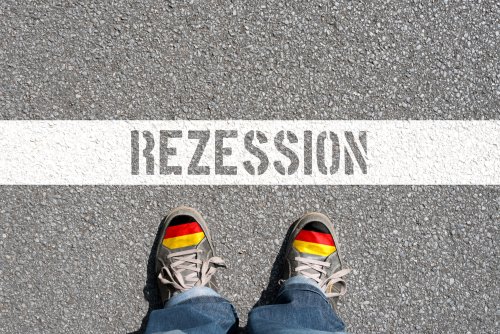Belgium, (Brussels Morning Newspaper) The German economy grew 0.2% in Q1 compared to the final quarter of last year and avoided slipping into recession
The Federal Statistical Office (Destatis) noted that GDP grew 3.8% on the annual level, adjusted for calendar effects and price, according to Reuters reporting on Wednesday.
German GDP dropped 0.3% on quarterly basis in the final quarter of 2021.
“Despite the difficult global economic conditions, the German economy started the year 2022 with slight growth,” noted Georg Thiel, head of Destatis.
Government spending and personal consumption remained at roughly the same level as in Q1, while exports dropped and investments grew.
Construction investments increased 4.6% on quarterly basis despite growth of prices while investments in equipment and machinery grew 2.5%.
Economy to expand 2.2% in 2022
In its spring forecast, the German government predicted that GDP will grow about 2.2% this year.
According to a poll conducted by GfK market research company, German consumer morale is on track to grow slightly in June and recover from record-low level in May.
GfK’s consumer sentiment index stood at negative 26.6 points in May and the latest survey, conducted on a sample of 2,000 respondents in the period between 5 and 16 May, places it at negative 26.0 points.
Rolf Bürkl, consumer expert at GfK, pointed out that trends improved slightly, but stressed that consumer confidence “is still at an absolute low.”
“Despite further easing of coronavirus-related restrictions, the Ukraine war and above all the high inflation are weighing heavily on the mood of consumers,” he warned.
According to GfK, in order for consumer confidence to improve, the war in Ukraine has to end and the European Central Bank has to rein in inflation.
Last month, the German Ministry of Economics and Technology revised its growth forecast for this year from 2.2% to 3.6%, predicting that inflation would reach 6.1% by the end of the year.
In the latest survey, GfK’s willingness to buy indicator stood at negative 11.1 points, in contrast with negative 10.6 points in May this year and positive 10 points in June last year.
The income expectations indicator reached negative 23.7 points, up from negative 237 points in May and down from positive 19.5 points in June 2021.




